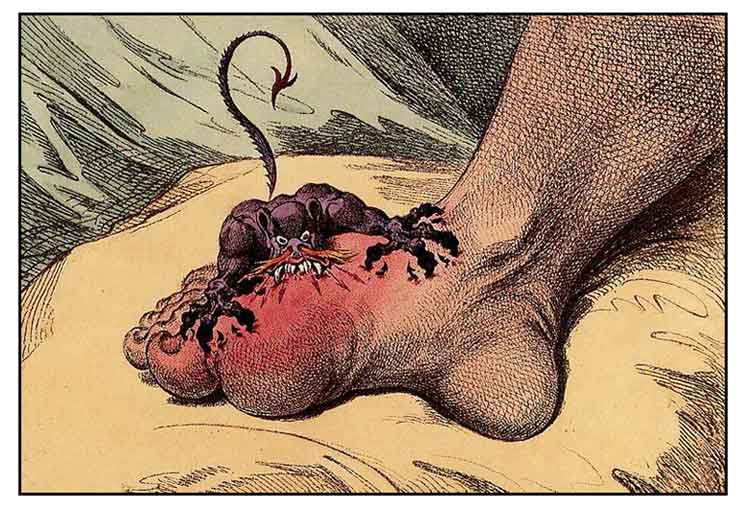"What do I need to watch myself for?" my boss scoffs. "My medication takes care of everything."
No, it doesn't. It didn't.
I, too, adore the bliss that follows the magical touch of aspirin, whisking away a throbbing pain as though that metaphorical needle was never stabbing me behind the eye. But medication for more complex ailments is not fairy dust; that rambling list of side effects rattled off as the ad focuses on a smiling woman wandering through a field of daises cannot be ignored.

Ted Gup wrote about the cause of his son's death in "Diagnosis: Human." As a youngster, the child was pushed to take "medication" for hyperactivity; as an almost-adult, he was addicted to the hard stuff which killed him.
I am not saying that all cases of ADD are hooey, but it is a fact that young children (especially boys, from what I see of my nephews) can contain a lot of energy. They can't always sit down and focus for the many hours the school day entails. But they soon grow out of it, or become entranced by subjects that enthrall them.
Bronwen Hruska had been convinced by her son's teacher (whom she later discovered was incompetent) that her boy required Ritalin. Eventually he himself refused to take it when he realized that such medications could be misused, meaning they can be dangerous.
Will is about to start his sophomore year of high school. He’s 6 feet 3 inches tall, he’s on the honor roll and he loves school. For him, it was a matter of growing up, settling down and learning how to get organized. Kids learn to speak, lose baby teeth and hit puberty at a variety of ages. We might remind ourselves that the ability to settle into being a focused student is simply a developmental milestone; there’s no magical age at which this happens.
Being human, as Gup writes, is not about fixed criteria. A roomful of children may be the same approximate age, but that is not the only requirement for development. Luke was the lousiest student until high school, when he became enraptured with science and math.
My nephew at 12 can't sit still. He can ask me a question followed by question that has no connecting threads—"What's a democrat?" "What's a black hole?" "What's kabbalah?" Luckily he has teachers who recognize his jumping-out-of-skin joy for learning.
He can spend an entire Shabbos afternoon ricocheting off the walls. But no, I don't think he needs medication. In a few years, he'll tone down, the way most kids do, either because they mature or he'll know how to channel his energy into other areas.
Medications can provide amazing results, but they have to be handled with care. Overuse of drugs like antibiotics and PPIs are harming more than helping. Antibiotic overuse stresses disease-causing germs into superbugs; stomach acid suppressants should be utilized on a limited basis, since acid neutralization compromises the immune system.
Many drugs merely alleviate symptoms, not targeting the cause, which can often be rectified or alleviated by a healthy diet. My father was wincing from gouty toes, and I googled the foods to avoid. The pains went away without any pills.
Many drugs merely alleviate symptoms, not targeting the cause, which can often be rectified or alleviated by a healthy diet. My father was wincing from gouty toes, and I googled the foods to avoid. The pains went away without any pills.

"It's unbelievable," Ta said, "what can be fixed by what you eat."
"And what you don't eat," I added.
A neighbor hobbled by with the use of a cane. "I just can't resist herring," he sighed. Super gout flare-up.

Some aggravations are meant to be experienced. Some can be cured by simple discipline. But our pill-popping society that seeks absolution from obesity to sleeplessness to heartburn in a bottle, be warned: Medications, in a plenty of cases, should be the last resort, not the first.
No comments:
Post a Comment